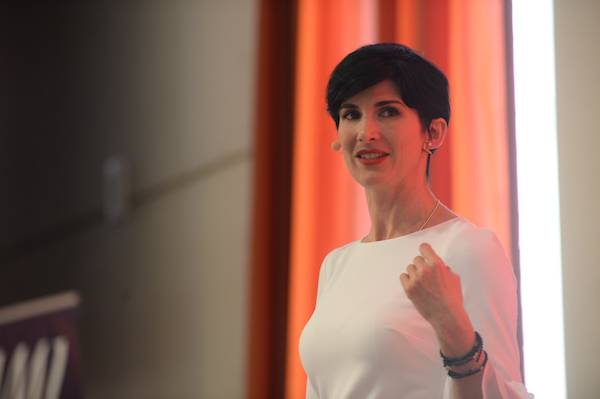Related Articles
The Attention-Grabbing Influence of Laziness
We are instinctual, lazy creatures who believe we operate at the height of rationality.
Alligators are lazy creatures. Go to an alligator farm, throw a piece of meat at them and unless you land that meat exactly in their bite zone, the alligator won’t move a muscle.
Human beings aren’t much different.
We are instinctual, lazy creatures who believe we operate at the height of rationality. In the commercial world, this can give organisations a clear pathway for growth and innovation that, due to its fundamental nature, is often overlooked.

If you think about companies that have revolutionised industries or disrupted their competitors, it is very likely they were innovating on the dimension of ease; making it easier for people to do business with them.
And this does not just apply to products of convenience. Even when an individual believes in a cause and is motivated to do something about it, laziness will generally win, and win big. Taking organ donations as an example, in countries that automatically opt-in people to be donors, donation rates will approach 100%. In countries where people must check a box to become an organ donor – just check one box – those rates can drop well below 20%.
For established players in the market, this insight that laziness wins can have profound results.
Domino’s pizza, operating in a highly competitive environment, put ease of service at the heart of a new strategic campaign. Primarily by using digital technologies – being able to order with a Tweet, through the single touch of a button on a customer’s phone or smart watch – Dominos made it exceptionally easy for customers to use their service.
In a saturated marketplace, they not only took 12% market share from their competitor, Pizza Hut, but they also grew the overall pizza delivery market in the US. They didn’t achieve this by changing ingredients, a celebrity endorsement or by discounting prices, but simply by making it easier to buy.
Instinct always wins
In his seminal book Thinking, Fast and Slow, Nobel prize-winner Daniel Kahneman popularised the theory that human beings make decisions in two basic ways.
The first, he called System 1, was the emotional, automatic and gut instinct of a person. The second, System 2, was the side, where decisions are made over time and with deliberation. Zoe’s research points towards the propensity of the human brain to be heavily weighted towards system 1.
People will consistently say ‘ah, but I’m different, I work more rationally than the average person’. Behavioural studies point to….
Want to Read More?
To receive full insight documents after every IMI event, as well as all the slides and audio podcasts for select events, become an IMI member today. If you are an IMI member, contact your member champion to make sure you receive the IMI Insights.
Hugh Torpey is the Content Manager at the IMI. This article is based on a Masterclass talk given at the IMI by Zoe Chance for IMI Members. For more on IMI Membership, go here.





